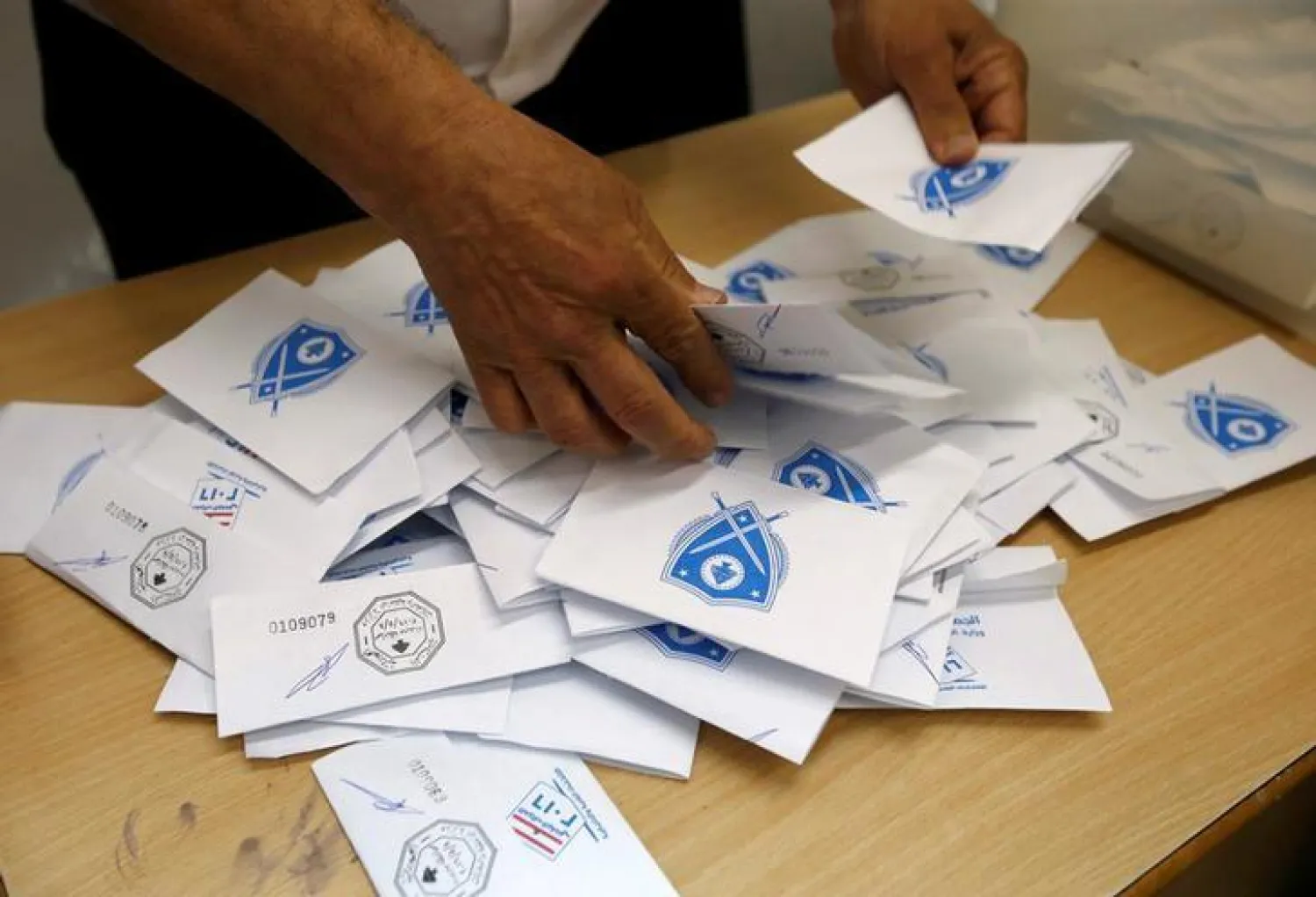Lebanese Foreign Minister Gebran Bassil is seeking to reopen the registration process for expatriates wishing to participate in the upcoming parliamentary elections, two months after it was closed, while his opponents and electoral experts are surprised with such move, which might lead to amending the electoral law a few months before the elections’ date.
92,810 Lebanese expatriates have registered to participate in the elections within the deadline set by the Ministry of Foreign Affairs and Emigrants, which began on the first of October and ended on November 20.
While the ministry described the number as an “achievement”, experts considered it “very low” especially since not everyone registered by the ministry may be able to vote in the days and locations to be determined later.
The Ministry of Foreign Affairs and Emigrants has not yet circulated tables showing the sectarian and regional distribution of expatriates who registered to participate in the elections. However, MP Neamtallah Abu Nasr revealed that those registered are formed of 55 percent of Christians and 45 percent Of Muslims, pointing out that these figures were transmitted by Bassil.
“The data also indicates that a large number of those registered are from northern Lebanon,” Abi Nasr told Asharq Al-Awsat, calling on the ministry to publish the tables so that the candidates could build on them in their preparations for the elections.
In the event of re-opening the registration, Abu Nasr said that the number of those who had previously registered would be doubled.
He also said that the 20-day deadline would be sufficient and if there was a legal way to do so without delaying the elections.
Otherwise, the elections would be delayed by 15 or 20 days, he said.
On the other hand, sources in the Ministry of Foreign Affairs stressed that the reopening of the registration process did not necessitate postponing the elections.
In a statement to Asharq Al-Awsat, the sources noted that Bassil was committed to his proposal within the framework of electoral reform.
Expatriates wishing to participate in the Lebanese elections will resort to a website and to a smart phone application dedicated by the ministry for this purpose.









